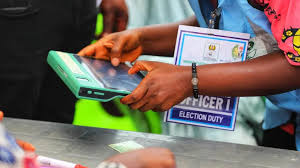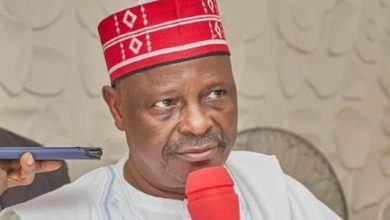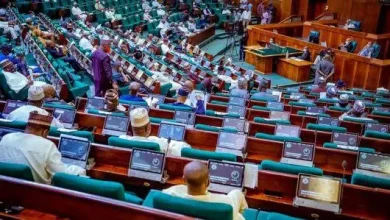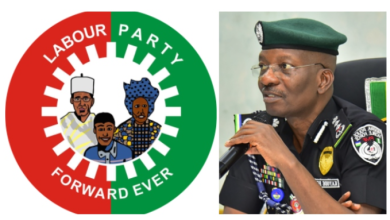NASS moves to hold 2027 general elections in Nov. 2026
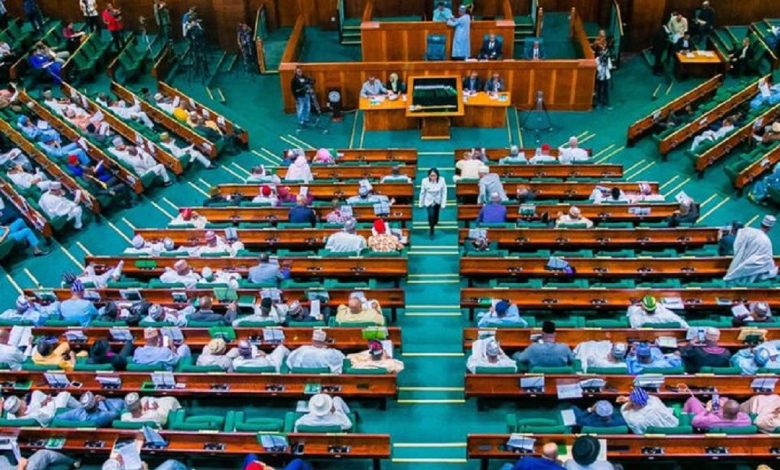
In a significant move aimed at reshaping Nigeria’s electoral landscape, the National Assembly has proposed rescheduling the country’s next general elections to November 2026, several months earlier than the traditional February date.
The development is part of a new electoral reform package introduced under the Electoral Act (Amendment) Bill 2025, presented at a joint public hearing in Abuja on Monday.
The hearing, convened by the Senate and House Committees on Electoral Matters, brought together lawmakers, civil society representatives, electoral stakeholders, and members of the public to deliberate on the proposed changes, which are poised to overhaul key aspects of Nigeria’s electoral process.
Central to the bill is a proposal to alter the timeline for presidential and gubernatorial elections, mandating that such elections must be held at least 185 days before the expiration of the incumbent’s tenure.
The aim, according to legislators, is to provide ample time for legal challenges to be resolved before new leaders are sworn in.
“The intention here is to avoid a situation where unresolved court cases linger beyond inauguration day,” a legislative aide familiar with the bill told this reporter.
“This shift is to safeguard the legitimacy of elected offices and ensure a smooth transition.”
However, concerns were raised during the hearing over the judiciary’s ability to handle the volume and complexity of electoral litigation within the shortened timeframe.
Some lawmakers questioned whether the proposed adjustment, without corresponding reforms in the judicial sector, could still leave gaps in the resolution process—particularly in cases of runoff elections or court-ordered reruns.
Beyond election timing, the bill introduced a series of structural reforms that seek to modernise the voting process and expand voter participation.
One of the most notable changes involved the role of the Permanent Voter Card (PVC).
Under the proposed law, possession of a PVC would no longer be compulsory for participation in elections.
This marked a significant shift from previous requirements.
The lawmakers argued that since the Bimodal Voter Accreditation System (BVAS) does not rely on the embedded chip in the PVC, registered voters could instead access their credentials through printable digital formats.
The bill also recommended the integration of the National Identification Number (NIN) into the voter registration process.
By linking electoral data to the national identity database, proponents believe the system would improve the accuracy of the voter register and reduce instances of double registration or identity fraud.
Further changes include the legal enforcement of electronic transmission of election results, which would make digital result collation and announcement a binding requirement, not just a procedural option.
The draft legislation also opened the door for broader voter participation by proposing early voting for Nigerians living abroad as well as eligible inmates in correctional facilities.
If passed, this would mark the first time these groups are formally allowed to cast ballots in Nigerian elections.
Political parties would also face stricter timelines for candidate nomination under the new bill.
Parties would be required to submit their final list of candidates at least 210 days before an election.
Only those who emerged through valid party primaries would be recognised by the Independent National Electoral Commission (INEC).
Additionally, a new provision allowed candidates from one party to legally challenge the candidacy process of opponents in other parties, provided such challenges are filed in the jurisdiction where the dispute occurred or in the Federal Capital Territory.
This is aimed at increasing transparency and strengthening internal party democracy.
To support the legal feasibility of these reforms, the National Assembly is also proposing a constitutional amendment that would transfer the authority to set election dates from the Constitution to the Electoral Act.
The lawmakers argued that this shift would offer greater flexibility and reduce the need for repeated constitutional amendments whenever adjustments to the electoral calendar are required.
Both the President of the Senate and the Speaker of the House, though represented by officials at the hearing, reaffirmed their commitment to delivering a reformed and credible electoral system.
They assured stakeholders that the legislative process would remain transparent and open to public input.
For the amendments to become law, the Electoral Act (Amendment) Bill 2025 must be passed by both chambers of the National Assembly and subsequently signed by President Bola Tinubu.
Should that occur, INEC will be expected to adjust its electoral timetable accordingly, setting the stage for what could be Nigeria’s earliest general elections since the return to democratic rule in 199
